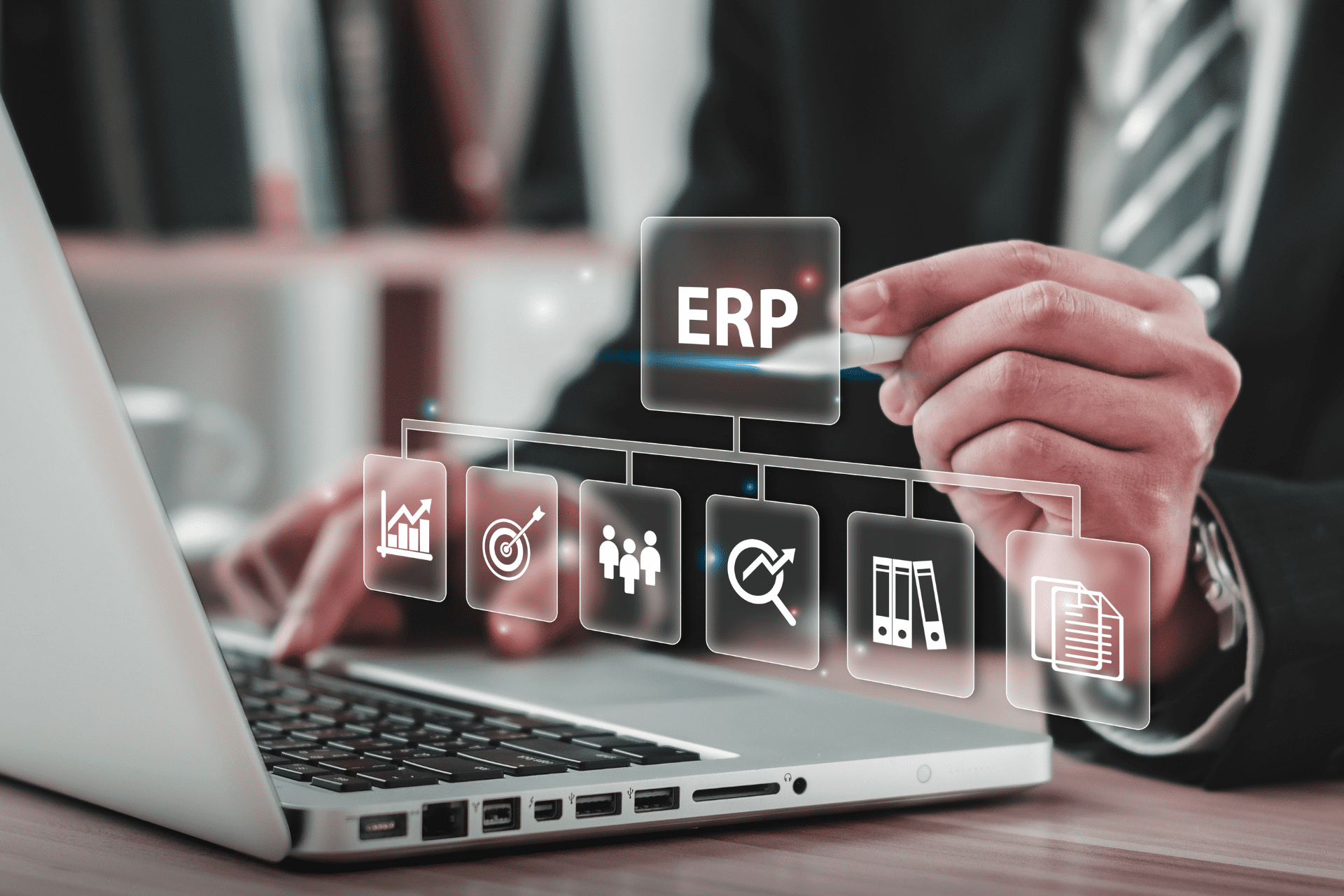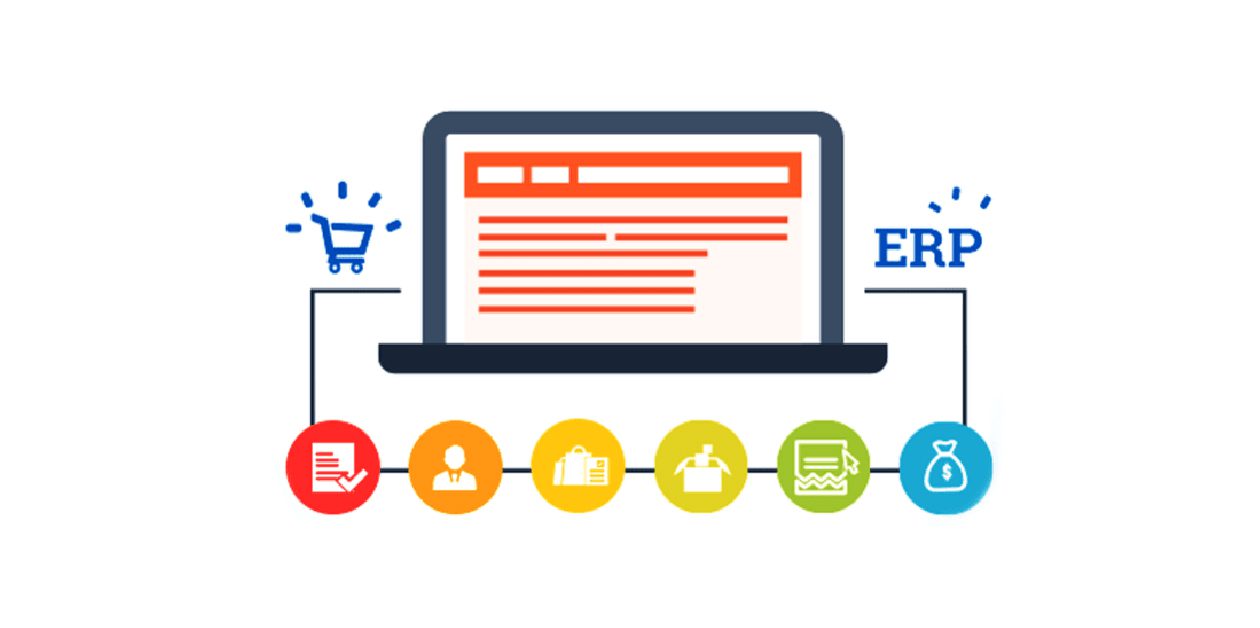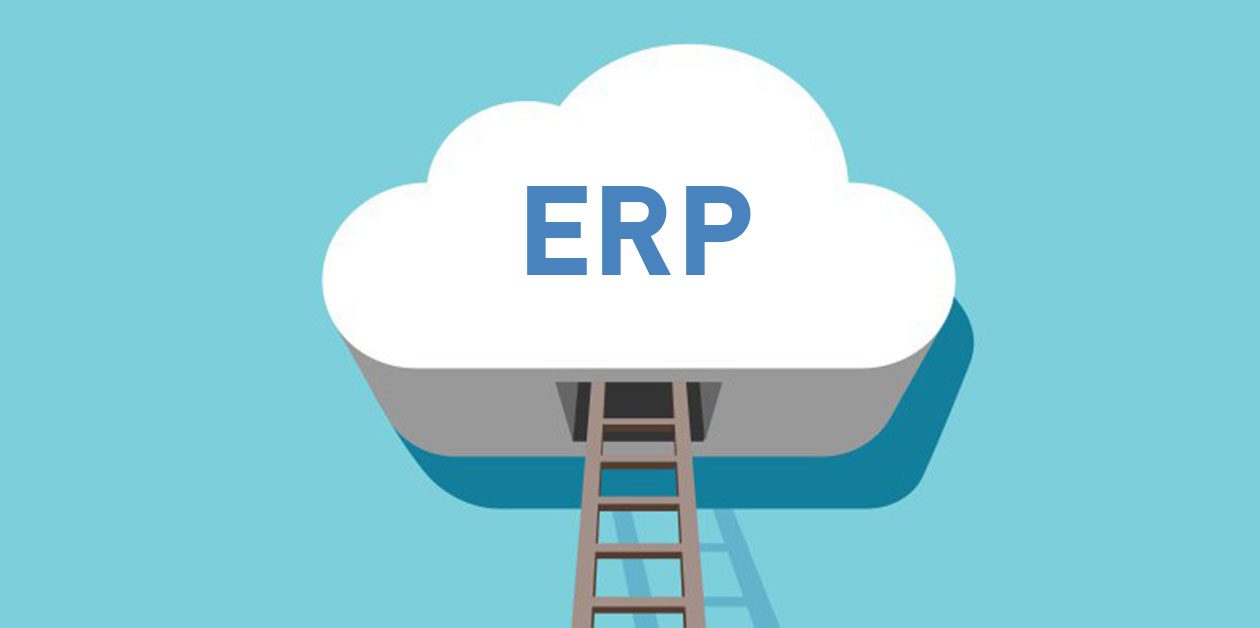Share
Read also

Business Software
ERP Trends for the New Year

Business Software
The New CRM Trends for 2026

Trends & Views
Digital Transformation Trends for 2026

Cloud
Explosive Growth in the Cloud ERP Market
Traditionally, businesses have a front and back office operation, and this applies to e-commerce as well. In their front office, businesses maintain their website to interact with customers, while the back office includes a series of mission-critical workflows. ERP supports these processes, and its integration with e-commerce offers significant advantages.
Although there is no standardized integration for e-commerce applications and ERP systems, and implementation may require significant investment in time and money, the benefits are really worth the effort.
Automation and time efficiency
The day-to-day operation of an e-commerce business involves many different non-automated tasks: from simple tasks such as entering data into forms, to more complex ones related to transferring data between applications. Although important, these tasks are time-consuming and errors are not a rare occurrence. The solution lies in automation. Once integration is achieved, the ERP system and the e-commerce platform can exchange data automatically, which minimizes manual data transfer and prevents errors. More importantly, your team will be able to save time from its daily routine, and focus on more productive tasks.
Data coherence and central management
In the case of e-commerce, data comes from multiple sources and is directed to multiple destinations. Customers place orders online, triggering ordering and payment processes. After an order is shipped, the seller needs to inform the customer about its progress, as well as check and update its inventory in order to avoid any sudden shortages. And that’s the role of sales, accounting and all other parties involved in data management. ERP and e-Shop integration manages and enhances the coherence and transparency of your data, which positively affects productivity and customer experience.
Fast ordering
Online sales are done in two steps: customers search what they want and place their order. Then, the product is shipped from the warehouse to its destination. ERP and e-commerce integration unifies these two processes. Order information is transferred in real time to the order management and inventory systems, where it is immediately processed. In this way, the time between order placement and delivery is drastically reduced.
Satisfactory customer service
Customer service is vital to any business. Providing personalized and helpful responses to customer searches requires up-to-date customer and product data, the ability to reach customers through alternative communication channels, as well as deep knowledge of the available products and services. Essentially, customer service is the nerve center of all teams and departments. The integration of ERP and e-commerce makes it easier for employees to respond in real time to customer requirements, providing them, for example, with up-to-date information on the status of their order.







